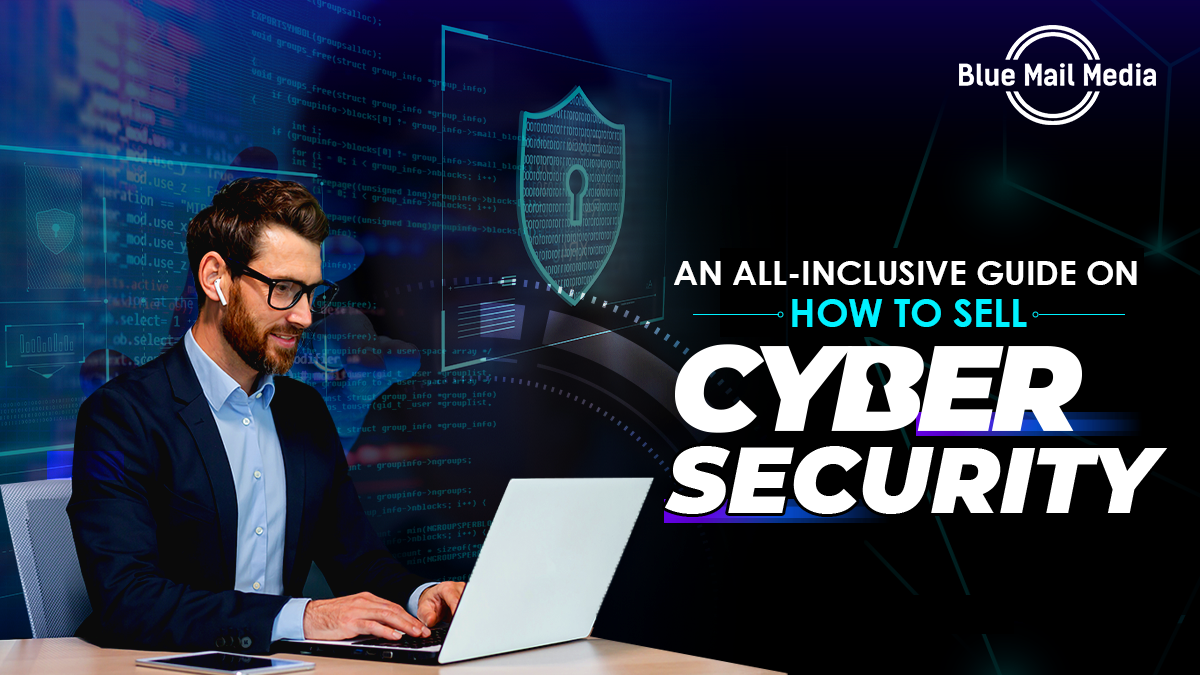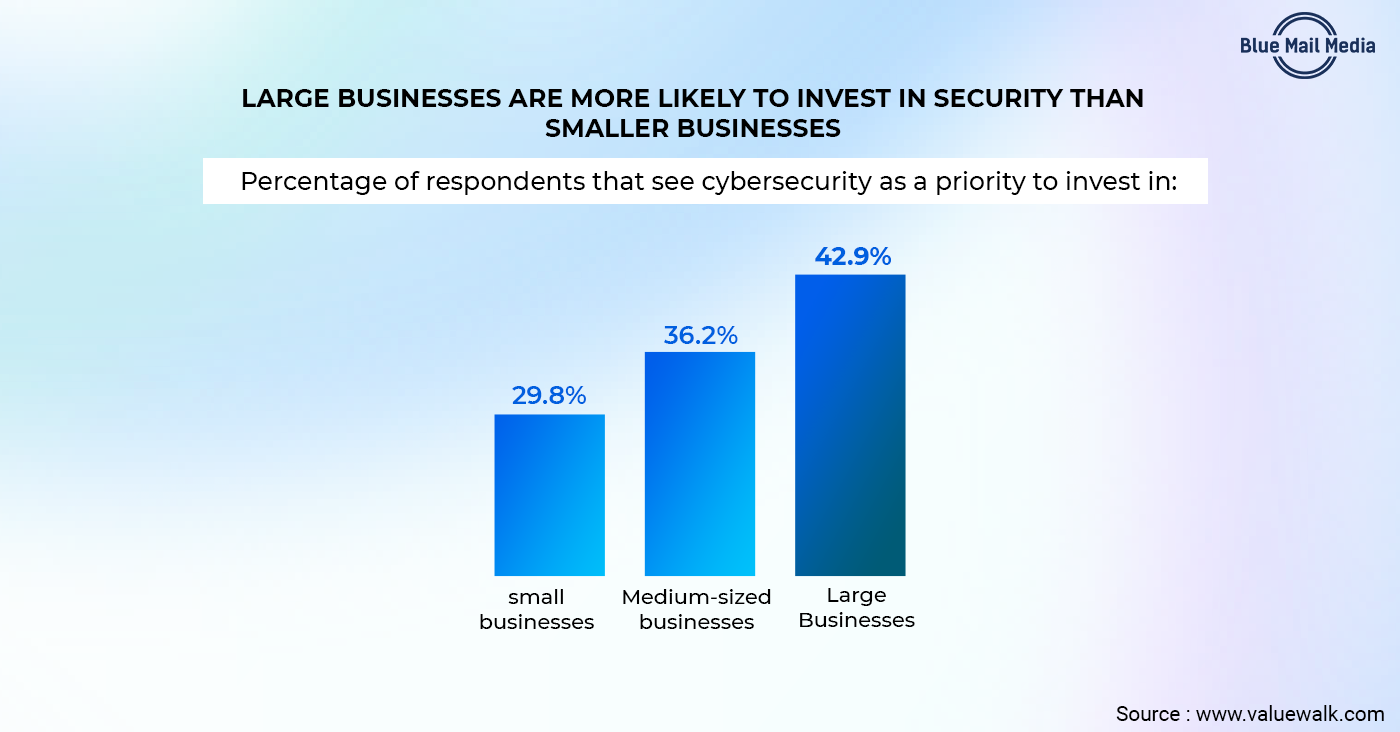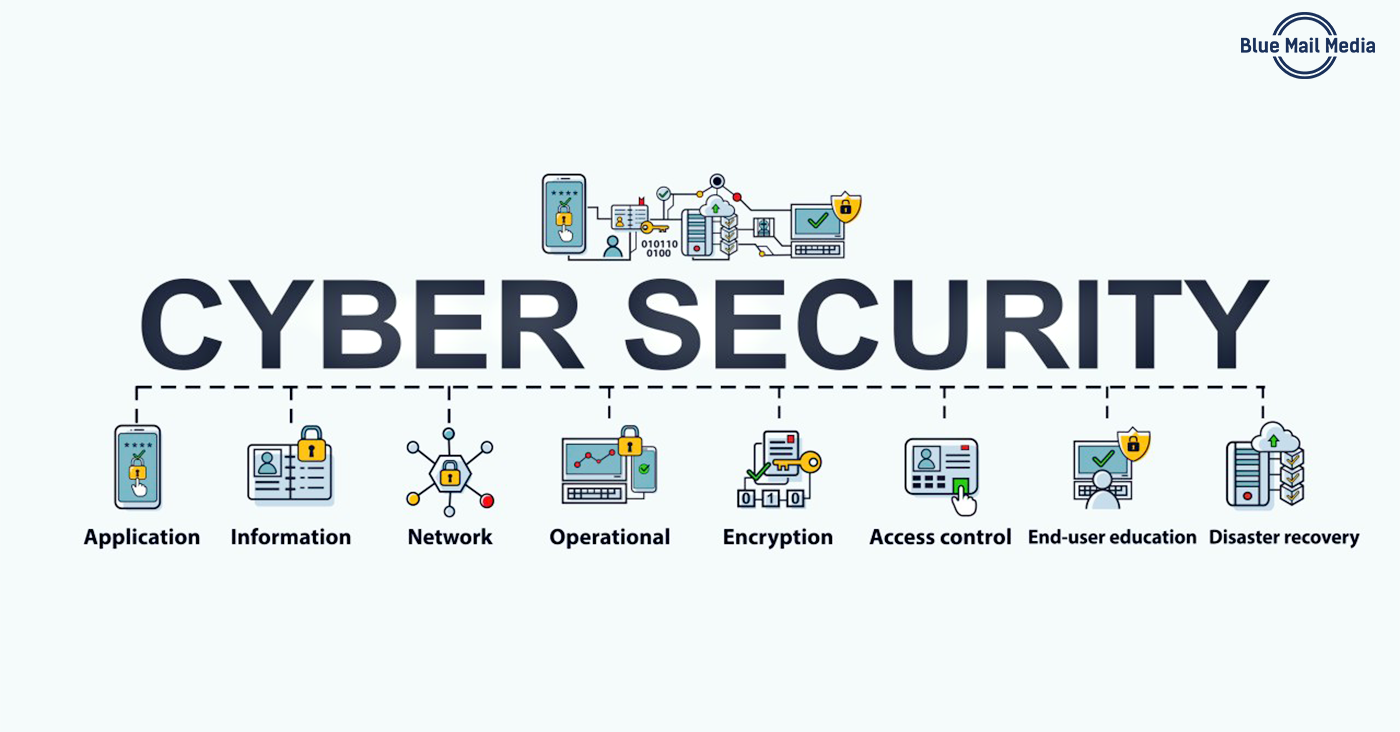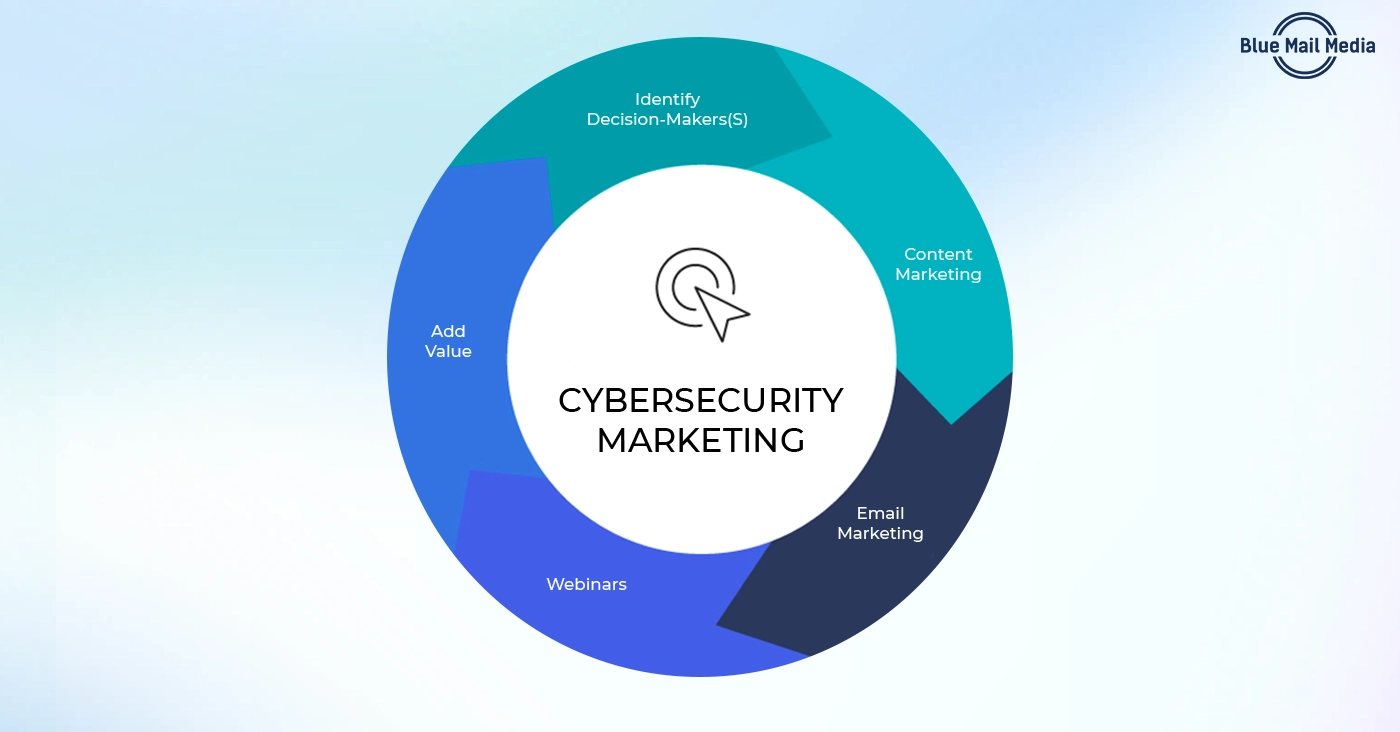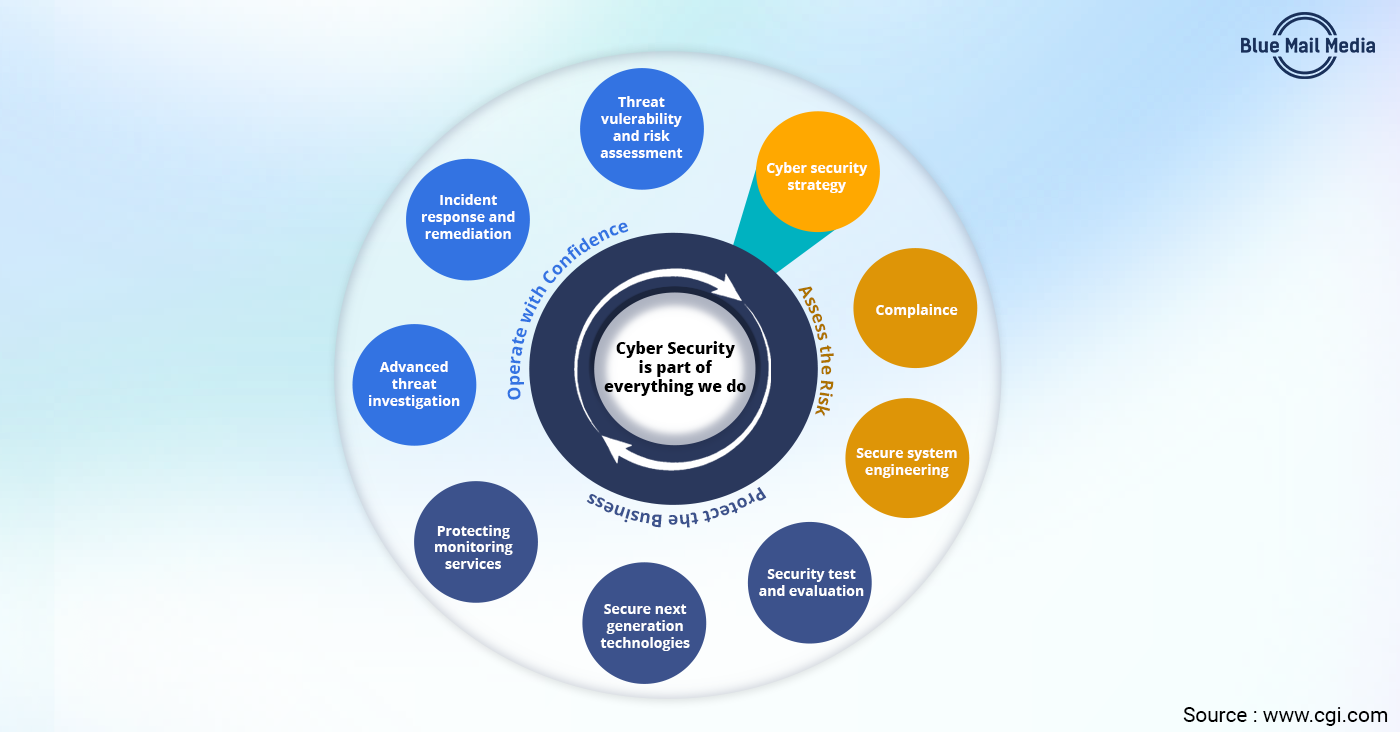The cybersecurity sector is on the rise, and for all good reasons. From small businesses to huge conglomerates, each venture is threatened by an attack. Expanding businesses into the digital realm is paving the way for newer security threats.
According to Gartner, 80% of businesses will aim to combine cloud, web, and private applications through single vendor access. By logic, an attack on one application will threaten the operation of every other related application. That’s the reason why cybersecurity services and products must be integrated in day-to-day operations within an organization.
There is more than one reason which supports the requirements of cyber security products. However, the real question is if a company knows how to sell cybersecurity products and services to clients.
Here’s how you can learn to pitch your cybersecurity services to high-paying clients for their safety and growth.
1. Know What is Preventing Enterprises From Investing in Your Cyber Security Product
As per the survey report of Digital.com, 51% of small and medium-sized businesses leave themselves open to cyber-attacks. A business might assume that since they don’t have enough data to benefit hackers, they won’t be at risk. The reality is the opposite.
According to Dennis Consorte from Digital.com,
“Small businesses must pay more attention to cybersecurity. As they don’t have enough budget for expensive cybersecurity products, they are the primary targets.”
Even though 1 in every 5 businesses is a victim of a cyber-attack, businesses tend to ignore the incorporation of cybersecurity.
One of the best methods to increase your cybersecurity related products and services sales to corporates is by resolving their unwillingness to invest.
Solution
Present your cybersecurity products and services as a shield from attack and business loss. Generally, a business can lose up to USD 4.35 million, but with a cybersecurity service like a firewall in place, the losses can be minimized.
If the problem concerns affordability, you can provide discounts through long-term subscriptions. In the end, B2B cybersecurity product and services firms need to convince the prospects about the viability of their solution in terms of ventures’ requirements.
2. Connect One-to-One With Top Executives in the B2B Industry
Talking about the cybersecurity loopholes of any business is like revealing an open wound. No venture would want to disclose critical information during cutthroat competition. In addition, not all executives will have the same level of awareness about the cybersecurity related issues in their organization.
Solution
Try interacting with top executives like CTOs to understand the critical problems a company is suffering from. One of the primary questions your cyber security product can help answer is its role in the company’s growth. For these discussions, sales teams must know how to sell cybersecurity services and products through fact-based discussion.
The team can conveniently talk about the average downtime after an attack. For instance, a ransomware attack can lead to a downtime of 20 days, as per statista’s report. Since the ransomware requires decryption, a firm in the B2B industry might have to pay huge sums to receive the data. The most dangerous types of ransomware for B2B businesses are:
- Crypto Ransomware
- Scareware
- Doxware
- RaaS
- Lockers
3. Present the Right Solutions to B2B Companies
Knowing which market and domain to target must be your top priority for getting faster conversions. Not every cybersecurity solution will be apt for each business.
For instance, managed cybersecurity products will be most in-demand in healthcare, manufacturing, financial services, and education.
Solution
Provide packages as per the company’s requirements and affordability.
If it’s a small enterprise CXO, a B2B cybersecurity company can initiate spreading awareness about cybersecurity requirements. In these cases, firewall installations, internet gateway access, and company-wide multifactor authentication must be the first steps.
Larger organizations with remote employees, like architectural services firms, may face another problem with on-premises and private cloud safety. It’s best to understand the extent of damage that an attack can cause before mentioning the cybersecurity solution you provide.
4. Offer Training and Education to the Company Employees
As per the study by IBM, 95% of cybersecurity breaches are caused due to human error. Every breach result in an average loss of USD 3.33 million due to human faults. Some of the major incidents that occur due to email misconfiguration, wrong delivery of data, and so on.
Solution
The discrepancy due to human error can be easily prevented if the staff in a B2B venture are trained. Educate the workforce on spoofs and phishing attacks. You can conduct webinars and conferences to share cybersecurity knowledge with the employees of a venture. You can also organize mock scenarios to understand the areas where a business is facing issues with security.
5. Focus on an All-round Marketing Strategy
Reaching the ideal audience in the competitive B2B cybersecurity industry is difficult. Most cybersecurity solution providers do not leverage multiple channels for client outreach. In the industry, which is already shy of using cybersecurity measures, limited information spread is not an efficient tactic.
Solution
Leverage the power of different platforms and efforts to connect with potential leads. Seminars, conferences, industry events, and more are the portals for your B2B cybersecurity solution to interact with industry leaders.
Gain insights into how to sell cybersecurity solutions by engaging with top executives from various industries in different online and offline groups.
Questions Your Cybersecurity Product and Services Must Aim to Answer
Knowing how to sell cybersecurity products requires understanding if it solves the pain points of the clients. To get a better understanding of the ventures, here are some questions you can consider before marketing the cybersecurity solution.
1. What systems are in place to ensure security?
The question can help you understand the client’s current goals and the gaps you can fill. If the venture doesn’t want any elaborate security system, you can talk about the basic package they can integrate.
2. What regulations and international standards apply to the business?
The more regulations a business needs to adhere to, the higher will be the checkpoints for data movement. That’s where a cybersecurity business can pitch in to authenticate every move with safety intact.
3. Has the business encrypted its existing data?
An answer to this question will help you understand the B2B venture’s awareness of cybersecurity threats. At this stage, cybersecurity solution providers can educate the business and enhance their trustworthiness.
4. Does the business have high-risk platforms and systems?
The higher the interaction on a platform, the greater the chances for cyber ware to seep in. In addition, services like web-based apps present a great opportunity for an attacker to access internal systems. Sharing wisdom about the damage such attacks can cause will further enhance your credibility.
5. Has the business been scanning the existing data for malware?
If your client maintains a backup of all the available datasets on a system, scanning them is a must. Checking them occasionally might not be fruitful as the malware can initiate a data breach without causing a ripple. That’s why regular updates in the scanning system are vital to ensure maximum safety from data threats.
6. Does the business have a response plan?
With regular updates in cybersecurity threat detection, attackers are also upgrading themselves. That’s to say, despite having a cyber-protection system, an attacker can cause damage to a business. The availability of a response plan dictates the recovery speediness of a business.
7. Has the business considered the effect of an attack?
Will an attack lead to reduced customer engagement? Or will it cause a business to shut down completely?
These are the questions a cybersecurity solution provider must ask a business representative to tell them about the gravity of a threat.
8. Will there be frequent updates for improvements from the business’ end?
Cybersecurity practices are not integrate-and-forget measures. They demand routine updates, feedback, and upgrades. A B2B business needs to consider the changes in its models to integrate newer cybersecurity plug-ins. Doing so will enable them to achieve higher security for all their databases and operations.
To Sum Up
Learning how to sell cybersecurity products and services is essential to thriving in USD 173 billion cybersecurity market. The growing market, the lack of awareness, the unavailability of funds, and the increase in varieties of cyber threats make it tricky to present one solution that resolves all. That being said, a cybersecurity service or product must fulfill the requirements of businesses belonging to a niche.
The rule to capture the cybersecurity market is simple. Just know your audience’s pain points and offer solutions that match their budget and business objectives.

